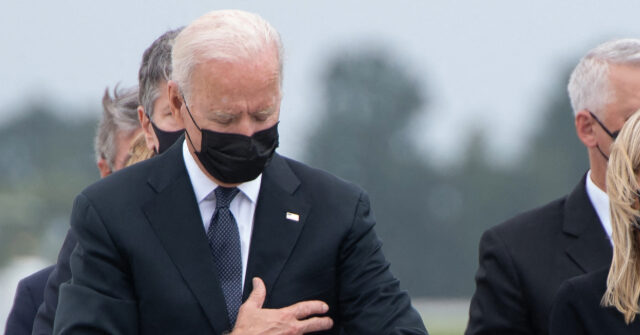During MSNBC’s coverage of the 2024 election, host Andrea Mitchell offered a critical perspective on former President Donald Trump’s approach to political narratives, particularly highlighting his statements regarding the Afghanistan withdrawal. She argued that Trump presents his assertions as “truth-telling,” but they often misrepresent the complexities of the situation. Specifically, she pointed to the agreement made by Trump during his administration with the Taliban, which she claimed effectively bound then-President Joe Biden to proceed with a withdrawal from Afghanistan. Mitchell’s commentary underscored the contentious nature of political discourse, where claims of truth can vary significantly depending on the perspective and interpretations of the events.
Mitchell elaborated that Trump’s deal with the Taliban, which notably excluded the Afghan government from negotiations, placed significant pressure on Biden’s administration. Despite acknowledging that Biden had the option to reject the withdrawal agreement and choose a different course of action, Mitchell stressed that the framing of the narrative suggested a responsibility placed solely on Biden. This emphasis on Trump’s role in creating the circumstances surrounding the withdrawal highlighted a broader critique of political accountability, suggesting that leaders must navigate complex decisions built on previous administrations’ policies.
Mitchell’s analysis reflects a deeper debate within American politics about the nature of truth and accountability in leadership. The notion that public figures can distort facts for political gain resonates with many observers of the current political landscape. The opportunities presented by political transitions—such as presidency changes—often reveal the multifaceted responsibility of governing, where decisions made by predecessors can have profound implications for their successors. This interplay complicates the straightforward assignment of blame or credit to any single leader for particular policies or outcomes.
Furthermore, Mitchell referenced an incident where Trump planned to invite the Taliban to Camp David, indicating that Trump’s willingness to negotiate with the group was yet another controversial aspect of his presidency. She mentioned that he was convinced against this meeting by “the guardrails,” suggesting that even within his administration there were concerns about the appropriateness of such engagement. This comment may serve to illustrate the contentious dynamics within the Trump White House and how decisions were made in a context of political uncertainty and strategic risk.
In the broader context, Mitchell’s commentary challenges the audience to think critically about the narratives constructed around political actions and their implications. It serves as a reminder that while politicians, like Trump, might articulate positions that resonate with certain segments of the population, the reality often involves a more complex interplay of agreements, precedents, and political pressures. This complexity is crucial in understanding the full implications of political decisions, especially those that have lasting impacts on international affairs, such as military engagements and diplomatic relations.
Overall, the discussion surrounding the Afghanistan withdrawal encapsulated a myriad of themes relevant to contemporary political discourse, including the challenges of truth-telling, the significance of historical context in policy-making, and the ethical responsibilities of political leaders. Mitchell’s observations invite viewers to engage in a more nuanced conversation about leadership and the narratives that shape public understanding of pivotal events, reinforcing the importance of scrutinizing claims made by politicians and recognizing the intricate realities that often lie beneath surface-level interpretations.

